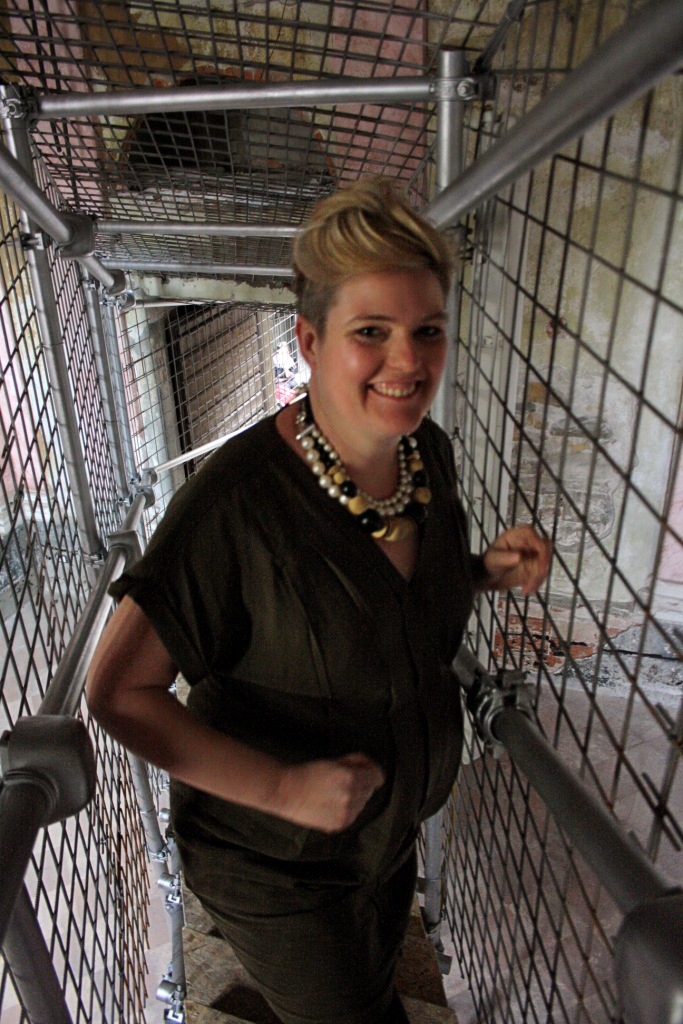
I am a composer and sound artist living in North London, and have been part of the Collection since becoming a New Voices composer (part of the New and Contemporary Voices scheme set up by BMIC) in 2002 when I was a PhD student at City University. Over the past 12 years I have worked extensively as a composer, performed as an artist, taught music technology and composition in the University of East London. Two years ago I won the Digital Music's Golden Nica in Prix Ars Electronica for my work Crystal Sounds of a Synchrotron. Knowing that my music is part of the British Music Collection still feels very special and is something that I am very proud of. The Collection is now based a brand new archive centre at the University of Huddersfield, and work around it has been developing quite extensively.
In 2012 I was the first artist to work in the collection just after it had moved from London. The visit was an incredible experience of sound, scores tapes and exploration. My own music is mostly electronic sound working with public spaces and writing music for private listening (vinyl and tape) - I’m quite politically driven. At that time I really needed to know more about the music of composers who worked with improvisation and electronics in the late 60s and early 70s. I needed to see, hear and feel it in my hands. I chose to look at early tape recordings and improvisations of Lol Coxhill, scores by Simon Emmerson, late scores and recordings of Cornelius Cardew and some very early David Toop. I also looked for other women composers in the collection and found very few, which was upsetting. But I decided that this was of its time and the only way to change things was to be proactive, visible and progressive both in composition and in encouraging others to write.
The new Collection website is a feat of music exchange and promises to be quite dynamic as an educational and research tool. It has scores, recordings, tags, composer interviews, instrumental information and biographical information about composer’s freely available for everyone to listen and view. The archiving system is also a free resource to use -one doesn’t need to be a New Voice composer or an affiliated composer, simply a registered member of PRS (more details on the new acquisitions policy here. It feels democratic as one moves around the site, with browsing enhanced by tags which are self organised by the composer community. It is designed to be open, evolving and creative while also giving a strong message of stability. When using the site one can log in, upload scores; recordings, photo’s interviews, labels, videos, information on performances, programme notes, notes on software, merchandise, people involved in tours, radio and programmes mixes. The list is quite endless; it is a very simple process and has room for your own individuality. You can choose how your work is seen by future generations. The British Music Collection is such an extremely beautiful collection full of innovation and colour, and I’m sure the physical collection will blossom in Huddersfield. Meanwhile, the new British Music Collection website offers the chance for everyone to take part in, and benefit from, the archiving process. It seems genuinely progressive and innovative. Enjoy, Viva! Jo http://www.jothomas.me/
